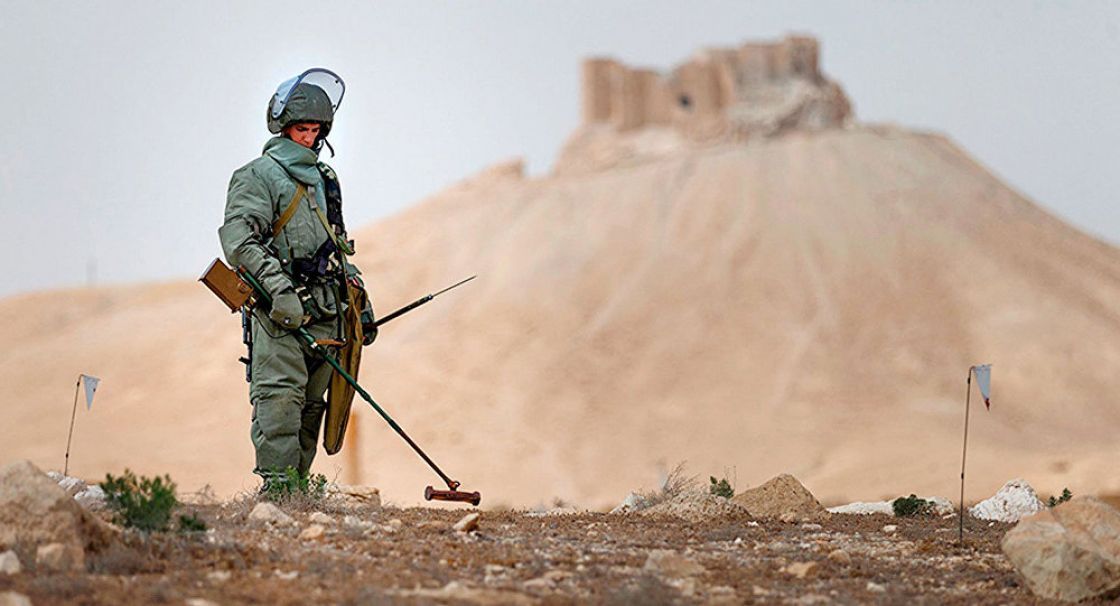- Editorials
- Posted
About Disruption and Reconstruction!
Over the last few weeks, the attack on Russia and the Russian role in Syria have increased from several sources used to be assumed as connected to various Syria parties. On top of the issues on which this attack was based: the issue of the Zionist soldier, the Tartous port issue, and the latest Astana meeting and its consequences. Although much of the facts and data on these three issues are still undeclared and are being deliberately manipulated and falsified, their profound interpretation does not stop there.
An in-depth and objective view of Russia's position within the world map of events in a century would reveal the importance of its role and weight as a fundamental antagonist of the West as the old-and-new colonialist, at least because Russia was always targeted by the West as it [Russia] a semi-dependent on the West and on its underlying global socio-economic system which is based on wars and looting, which made it always the focus of external and internal targeting, especially by world Zionism, which occupies a leading position within the Western world system, being historically a fundamental part of the global financial capital.
In short, the nature of the Zionist influence on Russia has passed into three stages since the mid-fifties of the last century. The first stage: consisted in penetrating and sabotaging Russia until the collapse of the Soviet Union. The second stage: during the nineties when nontrivial attempts have been made to contain Russia and digest it once and for all. Since the beginning of this century began the third stage: under the title of gradual returning to the map through bitter conflict with Zionism, that began secretly then became almost semi-exposed conflict now, internally and externally, and rather internally in the first place.
The general direction of the road that Russia is going through is evident through its positions and behavior on the various issues on the international scene. These positions reflect a deep imbalance internally against the interests of Zionism and the West in general, and clearly in the interests of the peoples.
This is clearly evident in Syria, but this does not mean that the conflict is over, but it continues with a clear inclination in weight in the advantage of Russian nationalist forces hostile to Zionism, which consider it as internal enemy before being external.
If the general trend is clear, it does not mean that some of the perturbations caused by the internal conflict in Russia should be overlooked. It requires Syrian patriots to deal with these perturbations in a way that allows for reaching real understandings and solutions.
On the other hand, there is a wide gap between criticizing a friend with keeping the dialogue with him, and considering him a potential enemy with trying to hunt his positions and statements. The extremism within the Syrian situation, in all its pillars, is only a political expression of socio-economic structures characterized by deep corruption, and connected with the West, if not being directly subordinated to it, at least economically, and many times politically, whether declared or undeclared. This type of people and forces, when attacking Russia, under any pretext, knows that the completion of the conflict inside and outside Russia, against the Western system and its various ramifications, means completely closing the historical prospect for their own continuation, and drawing completely different coordinates where there is no place for them.
Attempts to muddy the waters with the friends, in order to serve some interests, are completely counterproductive to the real reconstruction of Syria, in its broad sense, which includes ending the crisis through the UNSCR 2254, rebuilding Syria and ensuring its true political and economic independence.


